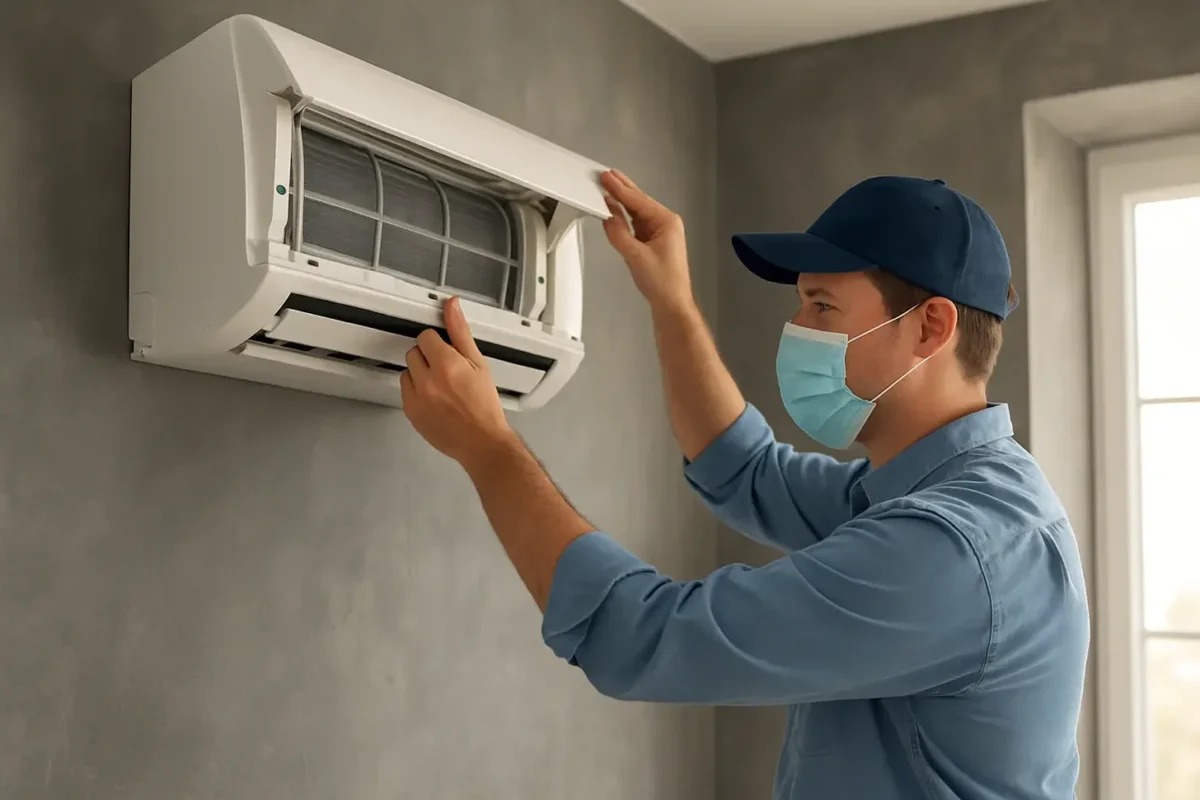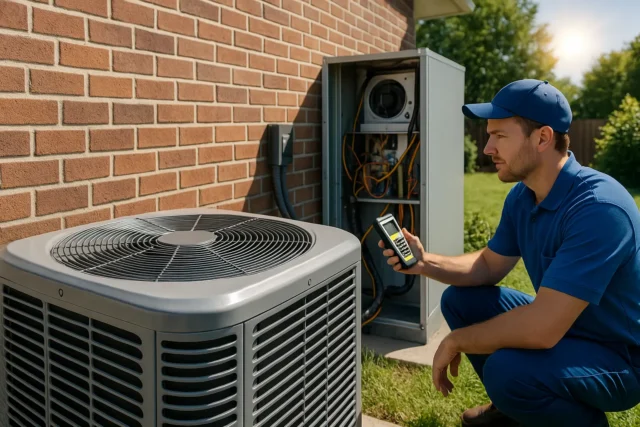Do AC Consume Electricity? The Real Facts Explained

When summer comes, air conditioners become a must-have in most homes and offices. But many people still wonder: do AC consume electricity in a way that seriously impacts bills, or is it just a myth? Understanding how AC systems work and why they use electricity can help you make smarter choices, save money, and keep your living space comfortable without wasting energy.
How Much Do AC Consume Electricity at Home?
The electricity consumption of an AC depends on its type, size, and usage. Central AC systems usually consume more power than portable or window units because they cover larger areas. A typical central air conditioner can use between 2,000 and 5,000 watts per hour. In comparison, a window unit may only consume 500 to 1,500 watts per hour.
To put this into perspective:
Running a central AC for 8 hours a day can add 1,500 kWh to your annual bill.
A window unit used for the same period may add only 400–600 kWh.
So while AC does consume electricity, the scale varies greatly depending on the model and how often you use it.
Why Do AC Consume Electricity Differently?
Not all AC units are built the same. Several factors influence their energy use:
Cooling capacity (BTUs): The higher the BTU rating, the more energy required.
Efficiency rating (EER/SEER): Modern units with better ratings consume less electricity for the same cooling.
Thermostat setting: A lower setting means the AC works harder, using more energy.
Room insulation: Poorly insulated rooms force the AC to run longer.
To keep these factors in balance, regular maintenance is key. Professional AC service can help clean filters, check refrigerant levels, and ensure the system runs efficiently without wasting energy.
.
Do AC Consume Electricity Even When Off?
You may not realize it, but many AC units still draw a small amount of electricity when turned off but plugged in. This “standby power” can account for up to 5% of your energy bill. Using a power strip or unplugging the unit entirely can eliminate this hidden cost.
Tips to Reduce How Much AC Consume Electricity
Reducing consumption is easier than most people think:
Set your thermostat to 24–26°C (75–78°F).
Use ceiling fans to support cooling.
Seal windows and doors to avoid leaks.
Clean air filters regularly to maintain efficiency.
Consider investing in smart thermostats that optimize usage.
The Long-Term Cost of Letting AC Consume Electricity
If you ignore efficiency, electricity bills will rise quickly. For example, running an inefficient 10-year-old unit could cost double compared to a modern high-efficiency AC. Over five years, that difference can add up to thousands of dollars.
Benefits of Energy-Efficient AC Units
Energy-efficient AC models not only consume less electricity but also:
Improve air quality with better filters.
Lower carbon emissions, making them eco-friendly.
Offer smart features like sleep mode and remote control.
Extend unit lifespan by avoiding overwork.
Choosing the Right AC to Control How It Consume Electricity
When buying a new AC, always look for:
A high SEER or EER rating.
Proper size for your room (not too big, not too small).
Programmable features that match your lifestyle.
This ensures you get the comfort you need without unnecessary energy costs.
Conclusion
So, do AC consume electricity? The short answer is yes—but the real story depends on the unit’s size, efficiency, and how you use it. By choosing energy-efficient models, maintaining them properly, and adopting smart usage habits, you can enjoy cool air without facing shocking electricity bills.


